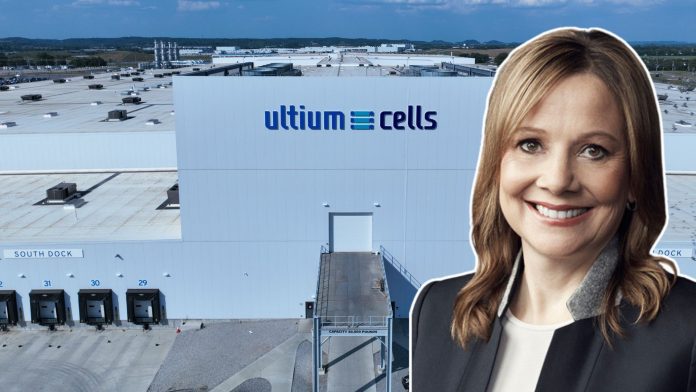General Motors (GM) and LG Energy Solution will upgrade their Spring Hill, Tennessee, battery cell facility to manufacture low-cost lithium-iron-phosphate (LFP) cells, aiming for commercial production by late 2027. The move is part of a broader $2.3 billion investment in U.S. battery manufacturing through their joint venture, Ultium Cells. The upgrade reflects GM’s strategy to diversify EV battery chemistries, lower costs, and offer consumers more affordable electric vehicle options.
Here’s why it matters:
Lower-cost LFP batteries could allow GM to offer more competitively priced EVs, making them more accessible to a broader range of consumers. Dealers can expect an expanded EV lineup with varying performance and pricing options that better match different customer needs.
In turn, this could support showroom traffic, higher EV adoption, and more flexible selling strategies based on range, price, and use case. With local U.S.-based production, dealers may also benefit from improved supply chain resilience and faster delivery times.
Key takeaways:
- Spring Hill to produce LFP batteries by 2027
Ultium Cells will begin converting lines this year at its Tennessee facility to produce lithium iron phosphate (LFP) cells for GM EVs. - LFP offers affordability and EV portfolio diversity
LFP batteries are less expensive than high-nickel alternatives, allowing GM to lower EV prices and offer customers a wider range of models. - Multiple battery chemistries under one roof
Spring Hill will become a flexible site capable of producing both high-nickel and LFP chemistries, boosting production agility and innovation. - Investment builds on $2.3 billion commitment
The plant upgrade follows GM and LG’s major 2021 investment, reinforcing their long-term commitment to U.S.-based EV battery production. - Dealer impact: more EV options, competitive pricing
With cost-effective EV models on the horizon, dealers can prepare for greater consumer interest driven by broader pricing and range options.




